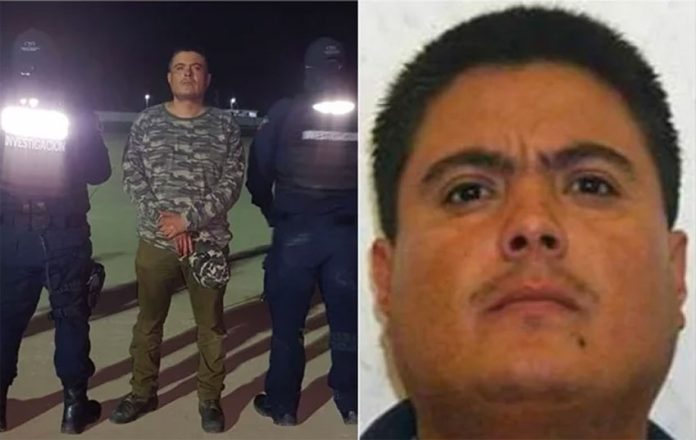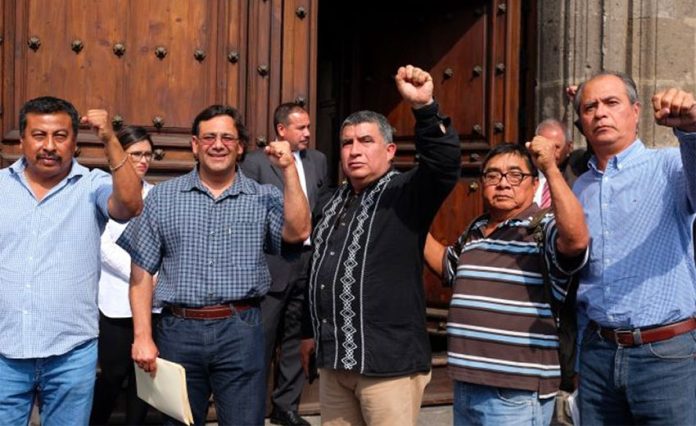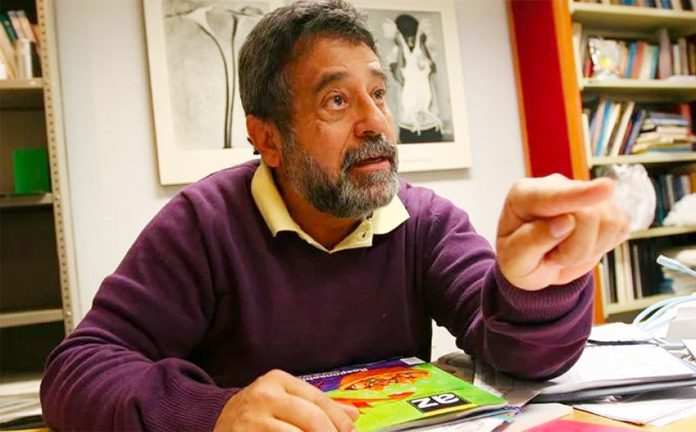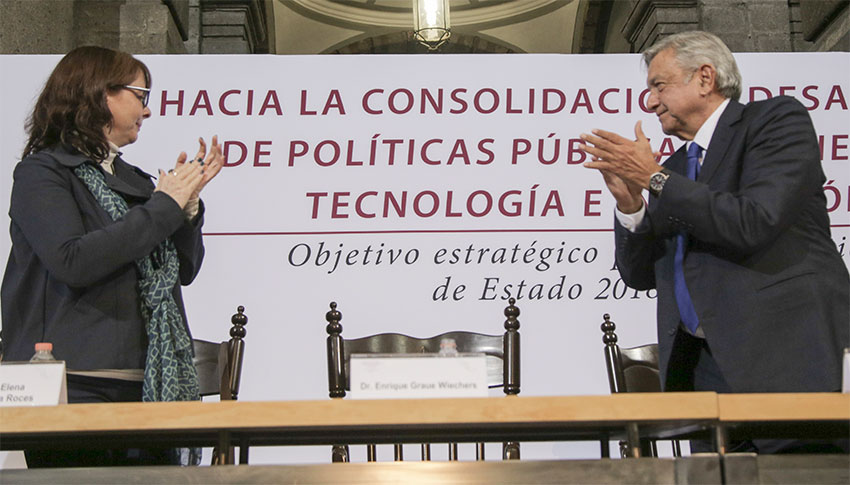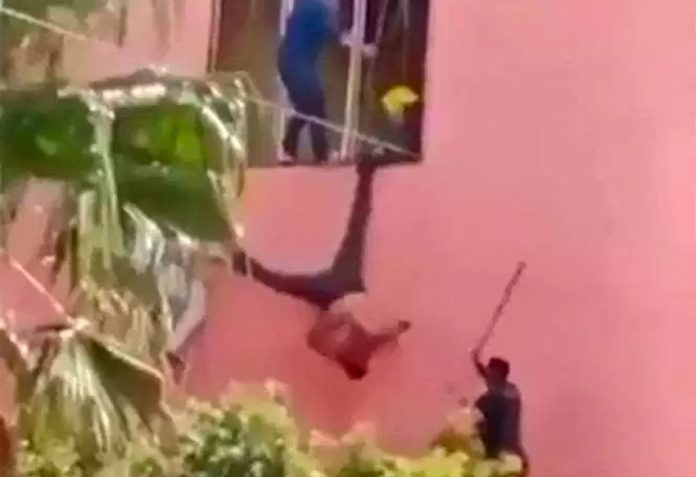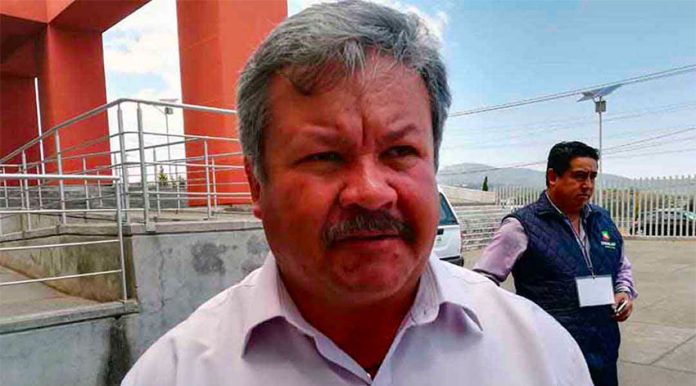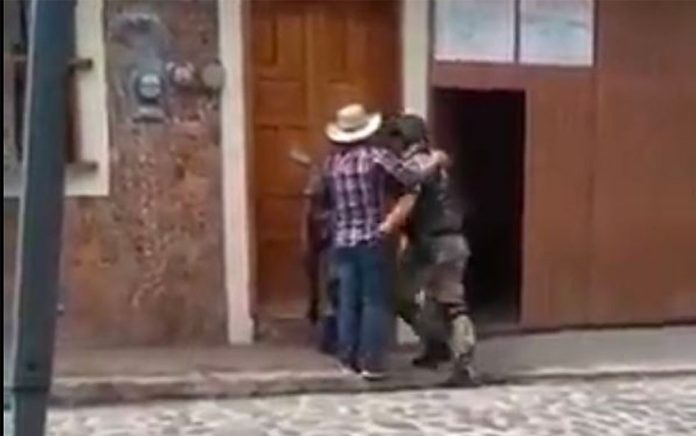A 10-year manhunt came to an end yesterday with the arrest in Guerrero of the suspected leader of the Los Rojos crime gang.
Santiago “El Carrete” Mazari Hernández, identified as one of the principal instigators of violence in both Guerrero and Morelos, was detained in the Sierra region municipality of Leonardo Bravo in a joint operation by Federal Police, the army and the navy.
The federal Security Secretariat (SSPC) said that Mazari was arrested on charges of organized crime, drug trafficking and kidnapping. The 43-year-old is the subject of more than 15 criminal investigations at the state and federal levels.
Security forces also took into custody a suspect identified as Marco “N,” who was with “El Carrete” when he was captured. The SSPC said that he could be Mazari’s principal criminal operator.
Los Rojos have been involved in turf wars in Morelos with the Jalisco New Generation Cartel and cells of the Beltrán Leyva organization and the Guerreros Unidos gang, while in Guerrero it has clashed frequently with Los Ardillos.
With the arrest of Mazari, the gang has been “practically dismantled” in the former state, the newspaper El Universal said, explaining that 90% of its criminal structure was taken apart when Alberto Capella Ibarra was Morelos security commissioner.
Mazari was previously arrested on trafficking charges in 2008 but released in early 2009. At least three of his family members have also been arrested.
Gabriela Mazari Hernández, sister of the detained capo and a logistics chief for Los Rojos, was arrested in March last year, while his son, Alexis Oswaldo Mazari, was detained in August.
Alfonso Miranda Gallegos, Mazari’s uncle and a former mayor of the Morelos municipality of Amacuzac, was arrested in May 2018 on charges of organized crime and kidnapping his political rivals.
He also allegedly provided protection to Los Rojos. In 2017, Capella said that there was evidence that 13 Morelos mayors were paying extortion fees to Mazari’s gang.
Morelos Governor Cuauhtémoc Blanco yesterday praised the work of security authorities and described the arrest of “El Carrete” as a “strong blow against organized crime.”
The governor’s chief of staff, José Manuel Sanz Rivera, called on residents of Morelos to remain calm, explaining that intelligence reports indicated that there was no imminent risk of revenge attacks.
Source: El Universal (sp)
